2024/25 Projects
Development Projects

This project brings together scholars and game developers, kickstarting conversations and potential collaborations between academics and the game industry, and enabling interdisciplinary engagement at the intersection between games studies and the humanities, drawing together the PI Dr Helen Roche's historical expertise with PI Dr Ladan Cockshut’s games research background.
This project brings together an interdisciplinary team to open up new perspectives and innovative solutions to the problem of how surplus soils from construction could be used to improve soils on farms that have been degraded or are on slopes that would benefit from additional soil for terrace construction.
 Pasts in the Present
Pasts in the Present
Drawing on disciplinary bases in the arts and humanities (English, MLaC) and social sciences (Archaeology), the project will bring together other fields, such as economics and business studies, to consider how they too may be shaped by ideas of the past, and how this affects the present moment in both academic and public discourses.
 Resolving Disputes in the Space Industry
Resolving Disputes in the Space Industry
With the increasing number of space investments and space activities, there is highly likely to be an increasing number of space disputes soon. This project plans to establish a dispute resolution centre specialising in resolving space disputes.
 Legal Criteria for an Equitable Fossil Fuel Phaseout
Legal Criteria for an Equitable Fossil Fuel Phaseout
This interdisciplinary project, which engages with climate science, law and legal theory aims to identify the role of law and legal principles to be applied when developing an equitable global fossil fuel phaseout.
.jpg) Mater-morphosis: Transformations of motherhood through matrescence
Mater-morphosis: Transformations of motherhood through matrescence
Funded with support from Flourish@Durham, this project mobilises matrescence to explore motherhood, pregnancy, and childbirth as transformative life events with radical and long-lasting changes to the body and brain.
 Uncovering Leaders’ Identity Processes Through the Use of Natural Language Processing
Uncovering Leaders’ Identity Processes Through the Use of Natural Language Processing
This interdisciplinary project addresses this question from the perspective of leader identity and how leader identities are constructed during critical transitions in people’s working lives.
Funded with support from Flourish@Durham.
 Molecular Windscreen Wipers to Mechanically Disrupt Bacterial Biofilms
Molecular Windscreen Wipers to Mechanically Disrupt Bacterial Biofilms
This project aims to develop and test a novel design of compound which seeks to destroy biofilms by mechanical disruption, rather than chemical inhibition or degradation.
2023/24 Projects
 ALTS: AI-enabled Legal Technologies and their Consequences on Society
ALTS: AI-enabled Legal Technologies and their Consequences on Society
This interdisciplinary project brings together experts in Law, AI enabled legal technologies, and Computer Sciences, among others to foster collaboration to provide a platform for exploring and testing a range of approaches for assessing the impact of AI in the law.
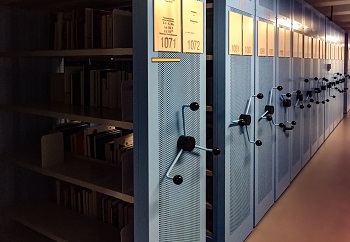 Archives and Decolonial Pedagogy: Unearthing narratives, transforming education
Archives and Decolonial Pedagogy: Unearthing narratives, transforming education
This project brings together an interdisciplinary group of scholars to explore the role of archives in decolonising teaching and learning.
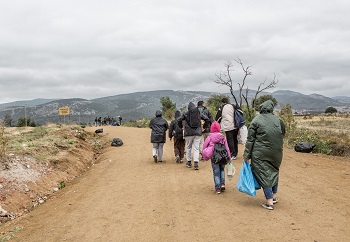 Archaeology of the Dispossessed
Archaeology of the Dispossessed
Can displaced communities, who are physically unable to access their ancestral lands, renew a sense of ownership over their tangible cultural heritage and assert their agency over its use? Archaeology of the Dispossessed directly grapples with this challenge and devises new ways to address it.
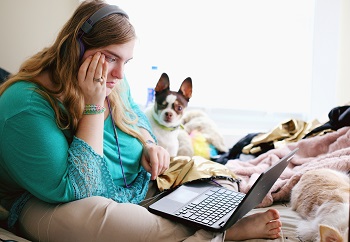
One in ten youth in the United Kingdom are neurodivergent with a diagnosis of autism, attention deficit/hyperactivity disorder, and other neurocognitive conditions. Neurodivergent youth are more likely to experience physical and mental health challenges compared to their peers. These health challenges are exacerbated by a limited understanding of how neurodivergence is connected with physical and mental health challenges as they are often conceptualized independently, without considering their interconnections.
 Stealing Secrets? Intelligence theory and the open society.
Stealing Secrets? Intelligence theory and the open society.
Stealing secrets is routinely seen as the world’s second oldest profession. However, despite rich literature on the history of intelligence agencies and operations, and the prominence of intelligence in contemporary politics, intelligence is a Cinderella in international relations theory and efforts to create a distinct theory of intelligence are also limited.
Walking is a basic and universal form of travel. In the English language, there are multiple words for different types of walks. When we walk to work, we call it a commute. When we walk in large numbers, we call it a march, a parade, a protest, or a mob. Long walks imbued with spiritual purpose are pilgrimages. Walking as research can allow us to interrogate the past, critique the present, and imagine the future. The body as a tool – the act of walking as a creative methodology – is a vital link between theory and practice particularly when studying landscapes, both historic and contemporary.
 Pedagogies of Dispossession - South Asia Research Group at Durham
Pedagogies of Dispossession - South Asia Research Group at Durham
A cross-faculty interdisciplinary forum to develop a research network under the broad theme ‘Pedagogies of Dispossession’, which approaches ‘South Asia’ from a new frame beyond the usual ethno-nationalist understandings.
2022/23 Projects
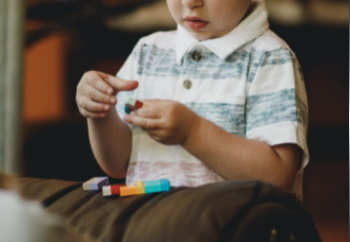
Interdisciplinary priorities for an inclusive neurodiverse society
This project is led by the Centre for Neurodiversity & Development with the aim of increasing interdisciplinary capacity and shaping future funding priorities in the area of neurodiversity and autism research at Durham University.
This project comprises a series of workshop to explore and build ideas at the intersections of scientific evidence, media reporting, and their influence on public policies and behaviour.
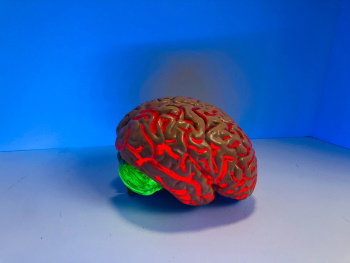 Syntax, Evolution, Mind and Culture
Syntax, Evolution, Mind and Culture
Through a series of four half day workshops, this project will exploit the critical mass developed at Durham around the interplay of cognitive and cultural evolution.
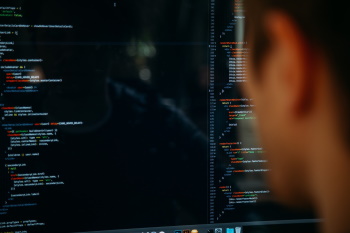
Conversations on Machine Learning and Conceptual Change
Through a series of five conversations, this project seeks to identify basic transformative concepts in ML and AI concepts that resonate across the sciences and humanity to serve as the foundation of a multiyear research project
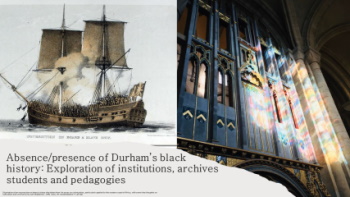
This Development Project through a series of workshops, seeks to build on existing synergies emerging from discussion within the BAME network on the absence/presence of Durham’s ‘black’ (refers to those who see themselves as being politically black) history. It seeks to contribute to the debates on decolonising by exploring institutions, archives, black students in Durham’s history and explore the impact of these findings on pedagogies and curriculums within the University.
 Feeling Political: how intimacy and everyday life make political identities
Feeling Political: how intimacy and everyday life make political identities
This project aims to create dialogue between scholars working in discrete fields of politics and everyday emotions, and to consolidate a critical mass at DU working in the field of ‘feeling political’ (intimacies, politics and everyday life) and build research capacity.


/prod01/prodbucket01/media/durham-university/research-/research-institutes/institute-of-advanced-study/43486-hero.jpg)


